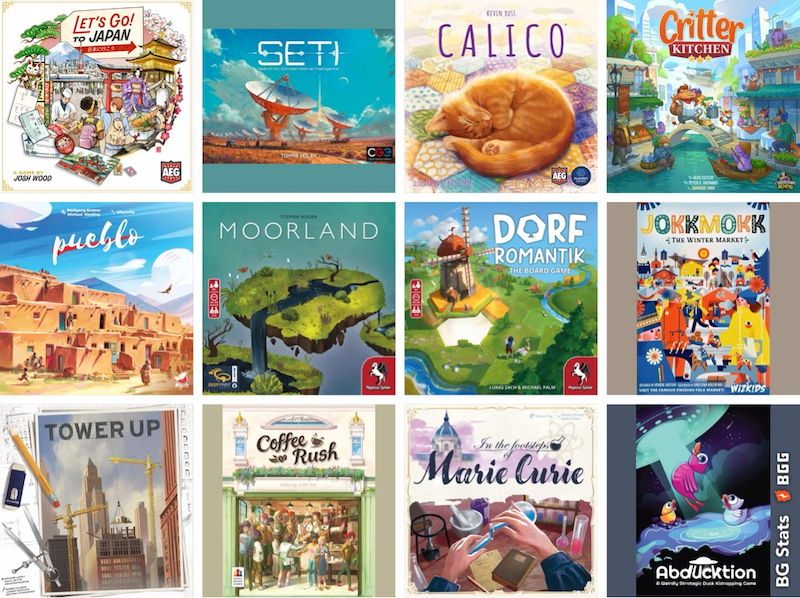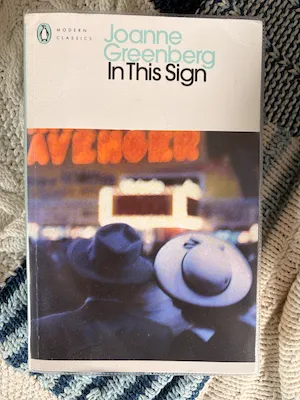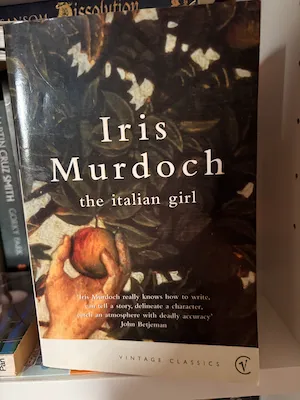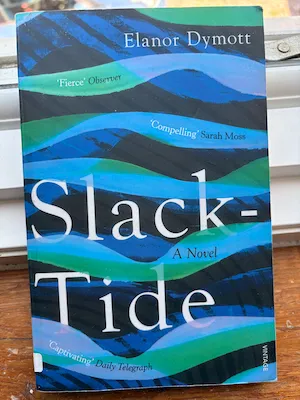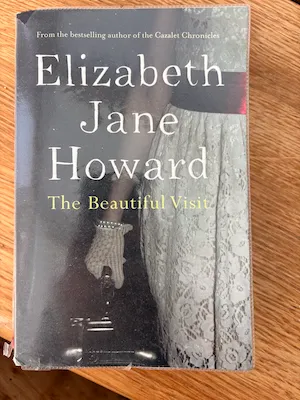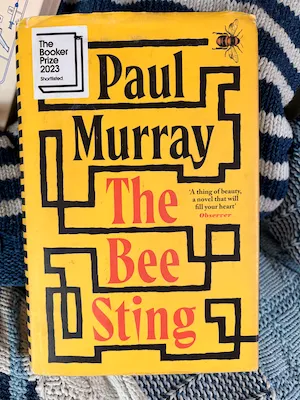June's New Board Games
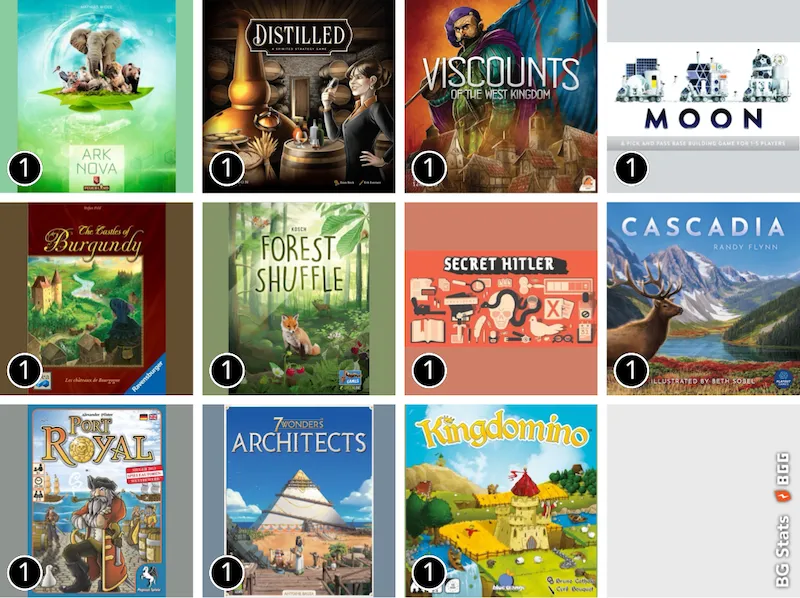
These are my first impressions of the new to me games I played in June. Everything I played this month is listed in the image at the top of the page. June is traditionally a month where a lot of new games get played at UK Games Expo but I haven’t been since 2019. My post-pandemic feeling is that that particular conference is too expensive, too busy, too noisy and I enjoy other conferences that are centred around playing games rather than shopping for games a lot more. I also missed a couple of game nights this month so I didn’t play a lot of new stuff this month, and I forgot to take photos of two of the games.
Secret Hitler
I’ve heard a lot about this game but never been particularly driven to play it. I don’t mind hidden roles but find “social deduction” a bit stressful. I was with a good group though so I decided to give it a try when it was suggested. And yes, I just can’t think fast enough in real time about how to react to the information I have. The game has the players all designated as liberals or fascists, with one player secretly being Hitler. The players then vote on a series of governments that then enact fascist or liberal policies. The fascists win by electing Hitler as chancellor, the liberals win by killing Hitler, our game ended with a liberal win when the liberals enacted enough liberal policies, there are probably a couple of other win conditions. In the game I played I was designated as a fascist and didn’t hide it well enough and got shot by a liberal president. I didn’t figure out the identity of Hitler either. I found the game more interesting to watch from beyond the grave as it were than to play. The theme is both hideous but also well picked as everyone understands it straight away. I’m happy to have played it but not keen to try again, very much not my kind of fun.
Viscounts of the West Kingdom
I don’t think I’ve played any of the games in the West Kingdom series before though I’ve certainly looked at them a few times. I enjoyed this. It’s got a combination of different mechanics that take a while to figure out and explain but aren’t complicated once you start playing. You have a hand of cards you play each turn which stay in play for three turns each of which gives you some resources and perhaps a bonus when it enters or leaves play. You have a viscount who moves round the five sided game board moving to a space where you can swap resources for others. Or you can build a building near your viscount for a bonus of some kind. Or you can spend gold to send a group of little people into the castle (this felt like the English Heritage entrance fee to me which probably says more about me than the game) where they also collect various bonuses or resources. And there’s always a card you can buy to add to your deck. It’s a lot of elements and as usual I tried to do a bit of everything and would have been better off concentrating my efforts more carefully.
7 Wonders Architects
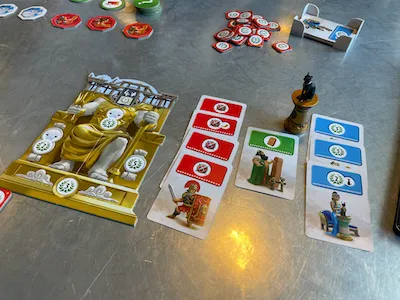
I’ve only played the original 7 Wonders game once, years ago, and it was ok but I’ve never felt the urge to play it again. It’s major selling point is that it can take seven players which is more than most other board games that which tend to max out at four or five or become incredibly unwieldy at higher player counts. This is billed as a simpler alternative to seven wonders, instead of drafting cards around the table you have a choice of three decks to choose a card from. Two of the decks are face up and shared with each of your neighbours at the table, another is face down and available to all players at the table. This mechanic works well and is easier to explain to new players than drafting and I think it’s a good idea for a game like this where you are likely to have a high player count simply because you are trying to introduce a new group of people to board games. Obviously I’m not a new board gamer but I found the game enjoyable and I’d play it over the original version.

